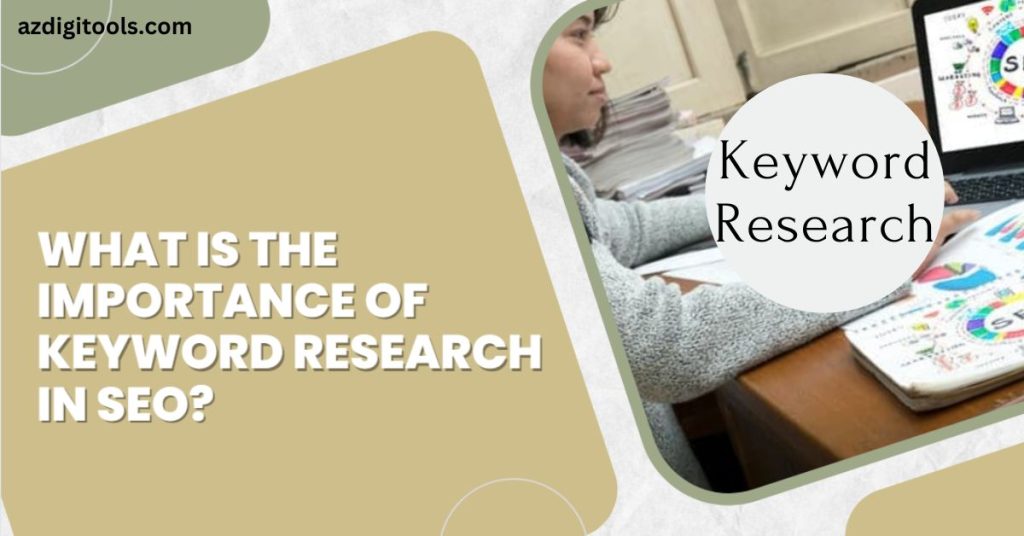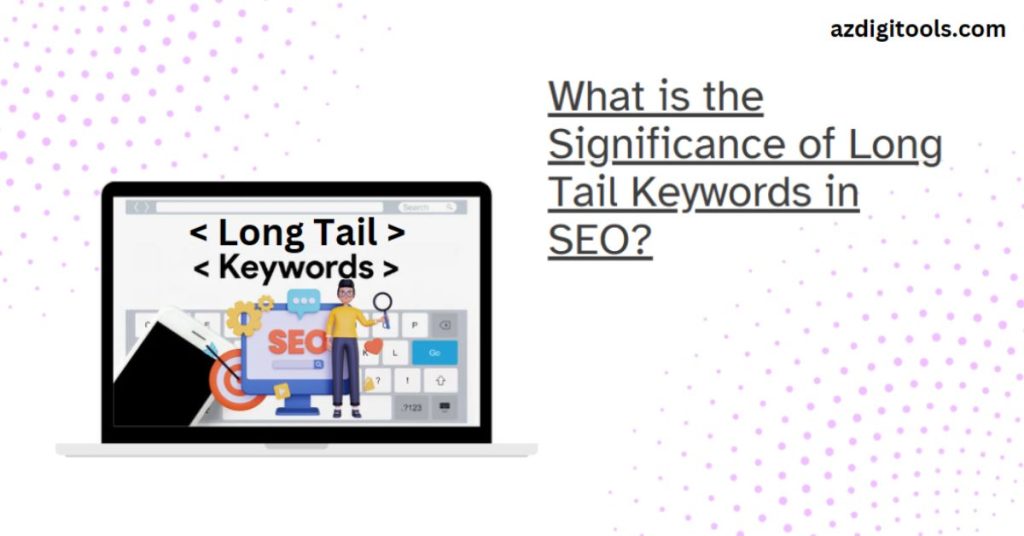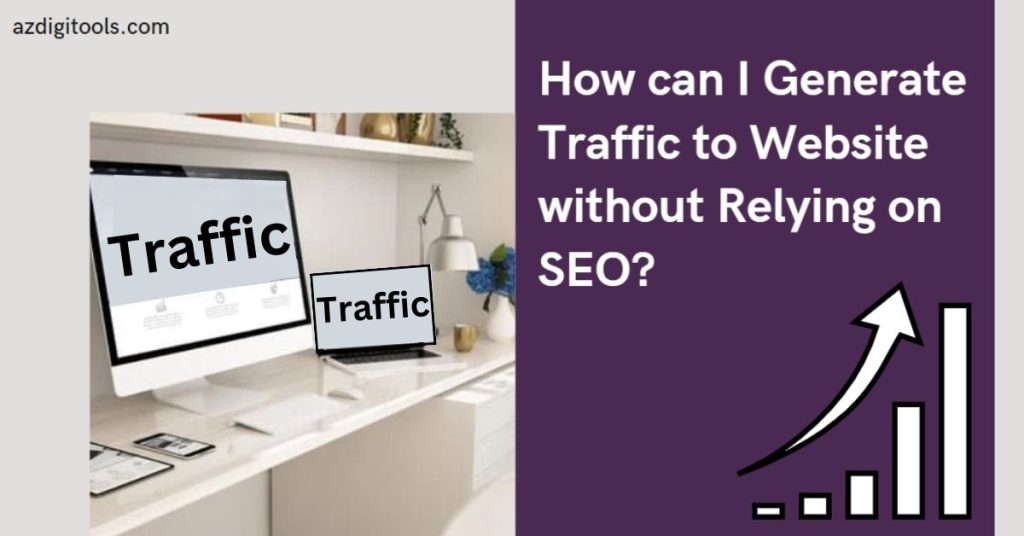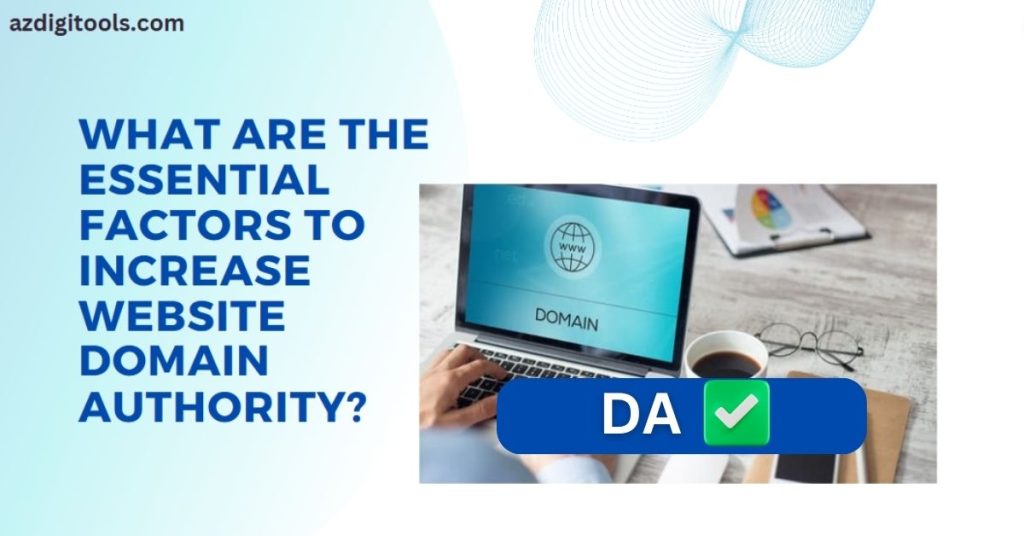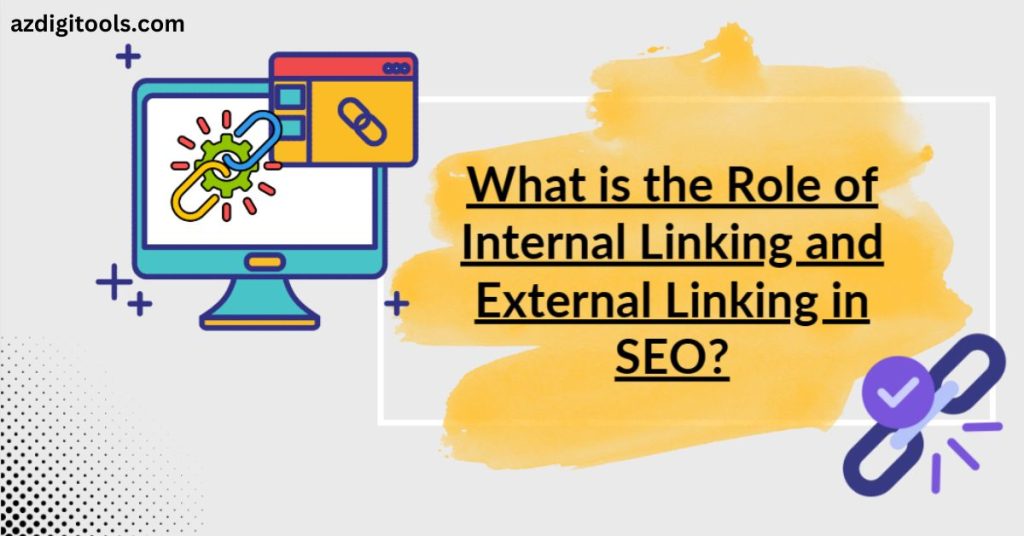
To succeed in SEO 2024, businesses must gain a solid understanding of their target audiences’ needs and search behaviors. Aligning their content strategy with these insights allows for the creation of tailored experiences that resonate with target customers and capture attention.
Technical SEO refers to optimizing website pages to increase their rankings and organic traffic, from mobile-friendliness testing to regularly publishing relevant content updates.
Keyword Research and Analysis
Keyword research is an integral component of search engine optimization (SEO). It involves discovering keywords, queries and phrases people use when searching online for solutions to their problems, providing valuable insight into what your audience wants and how to optimize content to fit those queries.

Monthly Search Volume (MSV) is often the main metric for evaluating keywords, though other criteria such as competition, relevance and business potential must also be taken into consideration. Keyword research’s ultimate aim should be delivering traffic that has a high chance of converting into tangible end goals such as sales conversions or page views.
High-volume keywords typically deliver browsing traffic and increase brand recognition, while lower-volume, longer-tail keywords have higher conversion rates as users are typically more ready to purchase or take action. It is also crucial that businesses understand the context and intent behind every search query they receive, especially those operating e-commerce businesses; for instance, a user searching “whipped coffee” could be searching for either a recipe or product review.
Also Read: How to Leverage Content Marketing for Quick Traffic Wins?
On-Page Optimization
If you want to rank highly on Google search results pages, on-page optimization can help. This practice involves making sure your website content is optimized for SEO by using appropriate keywords, title tags, meta descriptions, and internal linking strategies.
Structured markup can also help search engines understand your page content more clearly, leading to featured snippets and knowledge panels appearing when users search Google for something specific.
Though on-page optimization involves many elements, it’s essential to keep in mind that successful strategies for SEO must address the needs of your target audience. Simply optimizing content for an algorithm won’t cut it to truly stand out against competition and secure long-term SEO success.
Technical SEO Audit
Technical SEO (or technical search engine optimization) refers to the complex digital machinery behind search engines’ crawling and interpreting of websites. This field encompasses website performance optimization, page load speed optimization, security measures and making sure everything runs as intended.
No matter their level of technical know-how, every digital marketer worth their salt should have a comprehensive technical SEO checklist in their toolbox to run over client websites. This includes making sure content is visible to Googlebot (and making sure its page score returned is within acceptable parameters).
Audits should also focus on verifying that there are no errors in an XML sitemap, that any 404s or canonical URLs are set up correctly and that there are no issues with schema markup (i.e. unparsable structured data) on client websites – these steps ensure any new content created on their sites can be easily crawled, indexed and understood by search engines – providing a solid basis on which SEO strategies can be successfully implemented.
Content Strategy
Content strategy involves planning the creation, publication, and governance of valuable content. There are various definitions for “content strategy,” but all have one thing in common: an integrated set of user-centric, goal-driven decisions regarding its development throughout its lifespan.
At the core of it all lies your goal for your content creation – be it brand awareness, leads, user conversion, search engine rankings improvement or some other goal altogether – which lies in defining exactly what type of goals are to be met through it. Different goals require different kinds of media for success.
Content creation can be time and resource-intensive, which is why it’s crucial to include a content strategy as part of your SEO plan. A plan helps ensure the right people are working on the most important tasks and provides a framework for measuring success and identifying areas for improvement. If your content has been performing well but has not been updated in a while, consider repurposing it on other channels, perhaps turning an article about budgeting groceries into an interactive tool.
Link Building and Off-Page SEO
While on-page SEO is certainly important, off-page SEO also plays a vital role in connecting with audiences and building trust – this could include social media channels, link building or any other marketing initiatives.
An effective off-page SEO strategy can help your website rank higher on search engines and drive more organic traffic, but it requires hard work and patience. Here are some important points to keep in mind when creating an off-page SEO plan:
Develop brand recognition through social media. Produce viral yet relevant content and share it across your channels before engaging with followers – this will allow you to better understand your target audience’s needs and behavior, making creating an effective marketing campaign much simpler.

Use link-building tools to assist with link creation and management. These tools provide important metrics, including total link count, broken links, and potentially harmful backlinks that should be removed from your website.
Create and submit informative articles to industry directories and publications. This can include sites like Scribd and SlideShare that accept documents in certain formats for users searching for articles about specific topics. Branding your content and creating unique anchor text are two great off-page SEO practices you should keep in mind when writing these pieces.
Local SEO, if applicable
Local SEO should be an essential element of a comprehensive SEO strategy for businesses with physical locations or serving a specific geographic region, as it enables these small companies to compete effectively against larger global rivals.
Local SEO involves conducting intensive keyword research to discover relevant local-focused keywords that search engines will associate with your business. By using tools such as Google Keyword Planner, you can compile a list of targeted keywords specific to your location and service area. Furthermore, conducting competitor analysis will enable you to discover what keywords your competitors are focusing on; this may help expand and refine your own list.
Optimizing website content is another essential aspect of local SEO. This involves including keywords relevant to local audiences in meta tags and copy, creating high-quality articles or blog posts tailored specifically for local audiences’ interests, and showing search engines that your website is an indispensable source of information within its region. Offering localized informational articles or blog posts regularly demonstrates to search engines that your site provides invaluable services that make people want to visit it!
Finally, it is also critical that your NAP data remains consistent across all online platforms – this includes websites, GMB profiles, local listings/directories/social media profiles, etc. Consistency will increase visibility in local searches and Snack Pack results.
Analytics and Monitoring
An effective SEO strategy must include regular monitoring and analytics, including keeping an eye on core web vitals metrics over time using tools like Google’s Lighthouse and PageSpeed Insights; tracking changes to key performance indicators (KPIs) such as search engine rankings or site speed; as well as monitoring for any fluctuations.
Ad hoc monitoring and analytics include tracking the keywords that drive traffic to your website to guide keyword optimization efforts. You should review and refine your list of targeted keywords at least quarterly, taking into account any new data or trends in consumer behavior.
Ongoing tasks to keep in mind for maintaining relevance include regularly updating content. This may involve revising outdated information, adding sections that reflect current trends or data, and optimizing existing pages with target keywords to keep them competitive. Regular content updates show search engines that your site is frequently being updated, helping increase its visibility and authority.
Ongoing monitoring of websites is vital to quickly detecting and responding to errors that arise on them, including 404s, server issues or duplicate content issues. Tackling these issues as quickly as possible will prevent them from negatively affecting SEO and user experience.
Final Words
At its core, SEO’s future lies in cultivating relationships. Although AI is increasing, automating tasks and making life easier for us all – your audience – connecting with them remains key to successful SEO in 2024. Thus, an emphasis on understanding and authenticity will become ever more vital for its success.
SEO will remain an integral component of digital marketing in 2024 due to regular algorithm updates and changing user behaviors; thus, keeping up-to-date with good practices is of utmost importance.
This means ensuring your site has fast load times, mobile compatibility, and relevant content that provides answers to search queries. Incorporating long-tail keywords into the text to assist search engines in indexing it and ranking for relevant searches.
Also, ensure your website features an XML sitemap and submits it through Google Search Console to ensure it is crawled, indexed and displayed correctly in search results. Furthermore, use tools like Semrush to monitor its performance over time so you can see how your efforts are changing over time and adjust your strategy as necessary. Follow these tips to develop an effective SEO strategy for a new website in 2024. Good luck!
